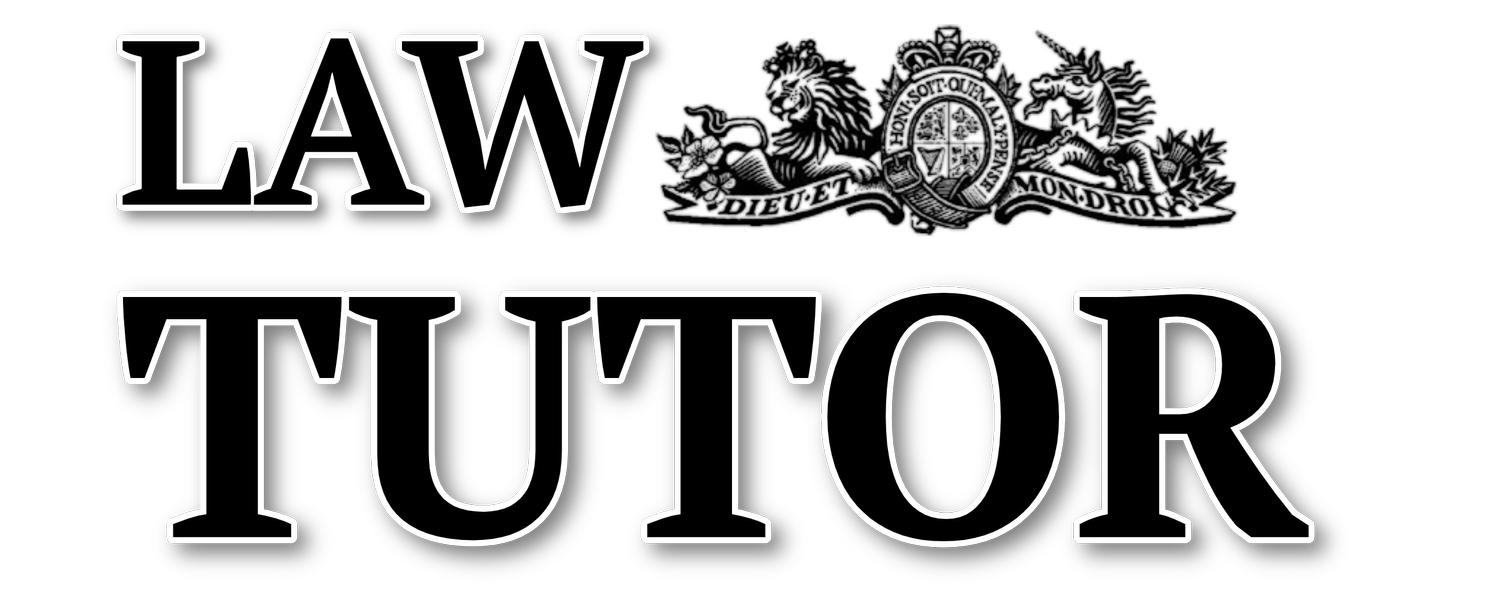De minimis non curat lex
de minimis meaning
This Latin word, which is sometimes reduced to "de minimis," explains that the law does not take into consideration trivial concerns, which are items that are of little or no worth or significance. So, the legal concept known as de minimis is one that enables for issues to be excused from a rule or duty provided that they are of a "de minimis" size or "insufficient relevance." The courts may use it as an exclusionary rule to remove inconsequential issues from the realm of potential litigation.
How is the De minimis rule used?
It serves to promote efficiency in the judicial system by allowing courts to disregard inconsequential or immaterial aspects of a case that do not impact the overall outcome. The rule is commonly employed in various areas of law, such as contract disputes, copyright infringement, and tort claims. By applying the de minimis rule, courts can focus on the central issues at hand, ensuring that justice is served without being burdened by inconsequential details.
Problems with the De minimis rule
However, this rule can sometimes give rise to problems. One problem is the subjectivity of determining what is considered de minimis. The interpretation of what constitutes a minor infraction can vary from case to case, leading to inconsistencies in the application of the rule. Additionally, the de minimis rule may inadvertently undermine the enforcement of certain laws, as minor transgressions may go unpunished, potentially diminishing the deterrent effect of the legal system. Striking a balance between recognizing trivial matters while ensuring justice is served can pose a challenge when applying the de minimis rule.
Law Books
We at Law Tutor are leaders in private law tutoring and legal education for all law courses. Use Law Tutor's law books for the LLB degree, PGDL and other legal courses. Law Tutor is a former university law lecturer and barrister.


